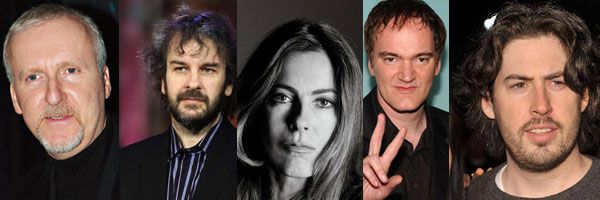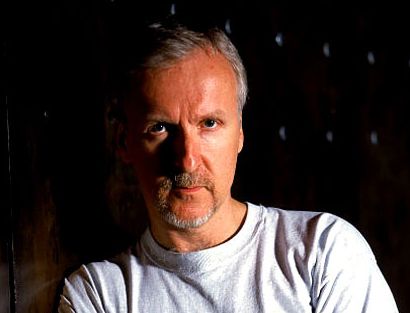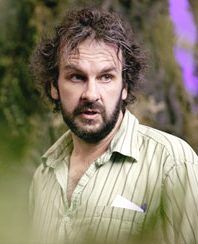As part of The Hollywood Reporter's annual Awards Roundtable series, THR gathered six of the biggest directors of 2009 to sit around a table, eat breakfast, and talk about filmmaking and their careers. Sitting down for this interview are Kathryn Bigelow (The Hurt Locker), James Cameron (Avatar), Lee Daniels (Precious), Peter Jackson (The Lovely Bones), Jason Reitman (Up in the Air); and Quentin Tarantino (Inglourious Basterds). I love seeing long interviews with directors and having all of these guys at one table talking to one another in a very candid way makes this interview a must watch.
I've included the clips along with a couple of quotes from the full unedited transcript after the jump.
Part 1:Are you an insider or an outsider?
Part 2: What's the toughest scene to film?
Part 3: What would you do instead of directing?
I really wish that THR would just release the whole interview unedited. Until then, they have at least included the full transcript of the interview and I consider it a must read if you are a fan of any of these directors or just a fan of movies. I've decided to include a couple of quotes that I found interesting, but if you want to read the full interview head over to THR.
Jason Reitman on directing:
"It's a weird thing. I've been around directors my entire life. I grew up the son of a director, so I've been kind of conscious of this for a long time: There are very few people who understand how to direct. It's one of the most complex things. It's impossible to explain. All of us have done so many panels and sat through so many interviews where you're asked, "Why did you do this? How did you do that?" Process questions. You would never ask a musician why they play notes. It is an impossible thing to explain why a scene here will make the audience feel this way so by the time they get here they will feel this (way and) that will make the ending whole. There is no way to describe why a scene is important or why it works. We want our audience to feel a certain way and instinctually, through trial and error, we have found the way. If I do this and this and this and I make these thousand decisions right every day, they will simply feel this feeling as they walk out of the theater."
James Cameron on directing big-budget films
"I've found that big-budget movies are a curse and a blessing. You can do amazing things, you can do amazing visuals, you get that big machine all warmed up and you're turning out spectacular stuff. But you're playing a different game. You're playing a game where all those controls that you can have as an auteur on a smaller scale, you don't have any more. You have them but you don't have them, because you have to be very realistic about the fact that you are now spending so much of the studio's money it shows up on the radar of their annual budget, so they are your partners and you've got to bring them along by the hand, they've got to understand why you're doing things. The better you can elucidate why you're doing something -- even if you're doing it instinctively -- if you can analyze and elucidate your instinctive call and give it some form, give it some wordplay, it just works better for them. If you go, "I just feel that way, damnit!" It freaks them out."
Peter Jackson on his future as a director:
"There's one area of directing that I'd love to improve upon. I tend to get involved in big movies that take two or three years of your life and I see what Clint Eastwood does and what Ridley Scott does, and they're able to do those films and also mix it up with these in-n-out, seven- or eight-month (films). I think that's a real skill and talent. I'd love to learn how to do that. So not everything took three years for one project. I'd love to reinvent the way I work, to some degree."
James Cameron on storyboarding:
"Storyboarding is the act of removing possibility before you have enough information to remove it. That's why I don't believe in it. I don't do it."




